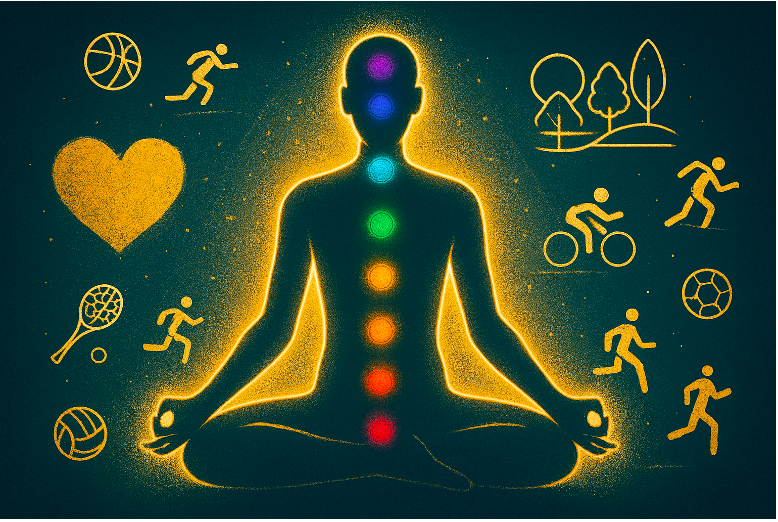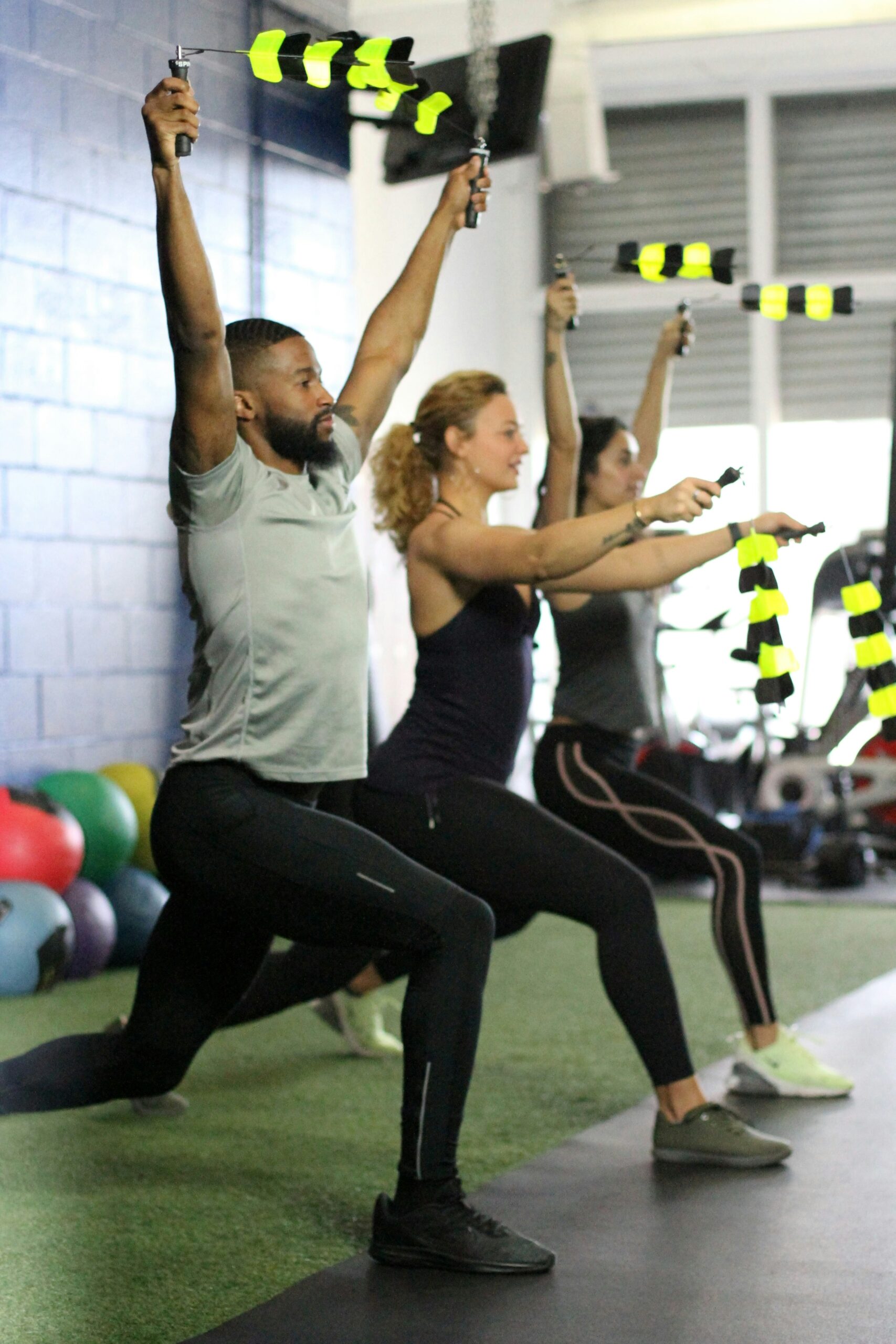By Gita Krishnaraj, IPLA Ambassador
Introduction:
What if physical education wasn’t just about movement—but about honouring the human body in its fullness—its strength, resilience, mobility, embodied emotions, sacredness, inviolability, and its vital role in learning and making sense of the world around us? Gita Krishna Raj’s recent paper, “Physical Literacy – Global Phenomena or Ancient Wisdom”, presented at LNIPE (Lakshmibai National Institute of Physical Education)—India’s premier central university for physical education under the Ministry of Youth Affairs and Sports—explores the profound connections between ancient Indian philosophy and contemporary approaches to physical literacy. The paper presents a distinction between the global understanding of valuing physical activity for human flourishing and the Indian philosophical approach of venerating the human body as the validation of life. Based on this philosophy, the paper makes a compelling case for physical education in India to go beyond developing bodily skills and measuring physical achievements, and also cultivate lived experiences of the body’s presence, perception, and participation in the world through school-based physical education. In a time when children are increasingly detached from their physical selves, this work repositions the body not just as a vessel for fitness but as a sacred, lived reality central to our existence.
Key Concepts:
- Physical literacy, as conceptualized globally by Dr. Margaret Whitehead and the International Physical Literacy Association (IPLA), emphasizes holistic and inclusive development—far beyond a narrow focus on competition or achievement.
- Indian traditions like Ayurveda, Yoga, and the Natyasastra have long embodied this idea, integrating movement, mind, and emotion into daily life.
- Advaita philosophy, uniquely Indian, is often translated as Non-duality, but is more precisely understood as Non-Secondness—the idea that there is only One, without a second. It views the human body as sacred—a seamless integration of body, mind, senses, and soul—and extends this unity to the environment itself, seeing it not as separate, but as an extension of the individual. In this view, our physical form is not distinct from the mind or soul, nor is the environment outside us; rather, the body is a complete, indivisible manifestation of the Infinite. In its sacred uniqueness, the body is one without a second—not merely a vessel, but a living expression of the divine itself, offering a deeper and more interconnected perspective than Western monist thought.
- The Maverick Physical Literacy Curriculum, India’s first physical literacy-informed program for schools in India since 2013, weaves these ancient insights with modern science—using practices like Dinacharya, Pranayama, chakra-based mindful movements, embodied emotion, and neuroplasticity-based training.
Implications:
This work calls for a transformative shift in school physical education. No longer can we view PE as merely skill training or exercise—it must be seen as a spiritual and emotional grounding that connects children with their bodies. With rising concerns like Depersonalization-Derealization Disorder (DDD), often exacerbated by virtual simulations and screen-heavy lives, embedding sacred movement into everyday learning is both urgent and necessary.
Final Thoughts:
The International Physical Literacy Association (IPLA) is championing such integrative approaches globally. In India, through Gita Krishna Raj’s leadership as the IPLA Ambassador and as the National Head of Physical Education under SPEFL-SC, this philosophy is already being translated into action. The Sports, Physical Education, Fitness & Leisure Skills Council (SPEFL-SC), the nodal agency under the Ministry of Skill Development and Entrepreneurship (MSDE), Government of India, is championing this movement through its national PE initiative—PEPS (Physical Education Programs in Schools). Maverick Fit Kids, as the National Knowledge Partner of SPEFL-SC, is leading this integration across Indian schools with structured curriculum and teacher training that blend ancient wisdom and contemporary methodology.
Call to Action:
Let’s move from merely training the body to celebrating it as sacred. Let’s give our children the right to be fully present—in their bodies and in their lives. To reflect on how this curriculum might resonate within your cultural context, or to engage in a conversation about integrating such approaches globally, visit: www.maverickfitkids.net or www.speflpeps.com.
Or contact Gita Krishna Raj at gita@maverickfitness.net.
Read the full paper here: https://gitakrishnaraj.com/2024/03/15/physical-literacy-global-phenomena-or-ancient-wisdom/
Other peers on Physical literacy in an Indian context from the same author: https://gitakrishnaraj.com/2021/02/23/from-a-human-being-to-being-human/
Video link: https://www.youtube.com/watch?v=Wga5ipjy5Ws




